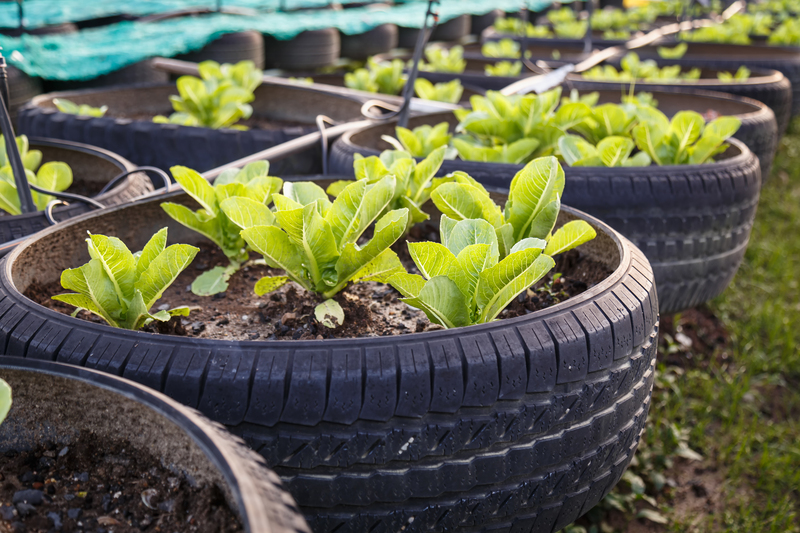Effective Strategies for Dealing with Missed Trash Collection
There's nothing more frustrating than expecting trash collection, only to find out that your garbage is still sitting on the curb well into the afternoon. Managing a missed trash collection can be more than just an inconvenience; it can lead to hygiene issues and unpleasant odors. Below, we've compiled some effective tips for handling these situations.

Understanding the Reasons for Missed Collections
Before reacting to a missed garbage pickup, it's crucial to understand the potential reasons behind it:
- Holidays: Trash collection often gets rescheduled during public holidays.
- Weather Conditions: Severe weather can delay or reschedule pickups.
- Operational Issues: Mechanical breakdowns or driver shortages can affect schedules.
- Wrong Placement: Ensure your bins are correctly positioned for pickup.
Immediate Steps to Take
Double-Check Collection Schedules
Firstly, verify that your trash collection day hasn't changed. Waste management companies often update their schedules online or send notifications to residents. Check the company's website or sign up for alerts to stay informed.
Contact Your Waste Management Service
If the schedule hasn't changed, the next step is to contact your waste management service directly. Most companies have a customer service number or an online form for reporting missed pickups. Be sure to provide details such as your address and the type of waste not collected.
Consider Neighbors' Experiences
It might also be worthwhile to check if your neighbors are experiencing similar issues. If the entire block has been missed, it's more likely there was a service interruption rather than an isolated incident.
Managing Overflowing Trash
Temporary Storage Solutions
Until your trash can be picked up, identify viable storage solutions. Here are a few suggestions:
- Extra Bins: Invest in an additional garbage bin for temporary storage, especially if missed pickups are a recurring issue.
- Temporary Bags: Use garbage bags stored securely in the garage or another sheltered area.
Organize a Neighborhood Drop
If your trash is overflowing, consider collaborating with neighbors who may have extra space in their bins. This communal approach often helps maintain the sanitation of your neighborhood.
Preventing Missed Collections
Ensure Proper Bin Placement
Make sure your trash bins are placed in the correct location and adhere to local guidelines regarding positioning and accessibility. Bins should not be blocked by cars, fences, or other obstructions.
Label Your Bins Clearly
Label your trash and recycling bins with your address. This can help prevent confusion or mishandling by collectors, especially in densely populated areas.
Stay Informed of Updates
Regularly check for updates from your waste management service. Many companies have embraced digital tools to communicate changes. Signing up for email alerts or app notifications can keep you informed and prevent surprises.

Long-Term Solutions
Compacting Waste
Consider purchasing a trash compactor to reduce the volume of waste. Compacting trash minimizes space usage and can help manage overflow during collection disruptions.
Explore Alternative Disposal Options
Research local disposal facilities or transfer stations that accept household waste. This might be a suitable alternative for occasional use when normal services are compromised. Some facilities offer incentives for drop-offs, making it both a cost-effective and environmentally friendly option.
Conclusion
While missed trash collections can be inconvenient, these proactive steps can help mitigate their impact. By staying informed and prepared, you can manage and even sidestep the challenges posed by missed garbage collection. Maintaining sanitation and cleanliness should remain a priority, and with these tips, you will be better equipped to handle future interruptions confidently and effectively.
Remember, understanding the reasons behind service disruptions, communicating with waste management, and considering long-term strategies are key to efficiently managing missed trash collection.